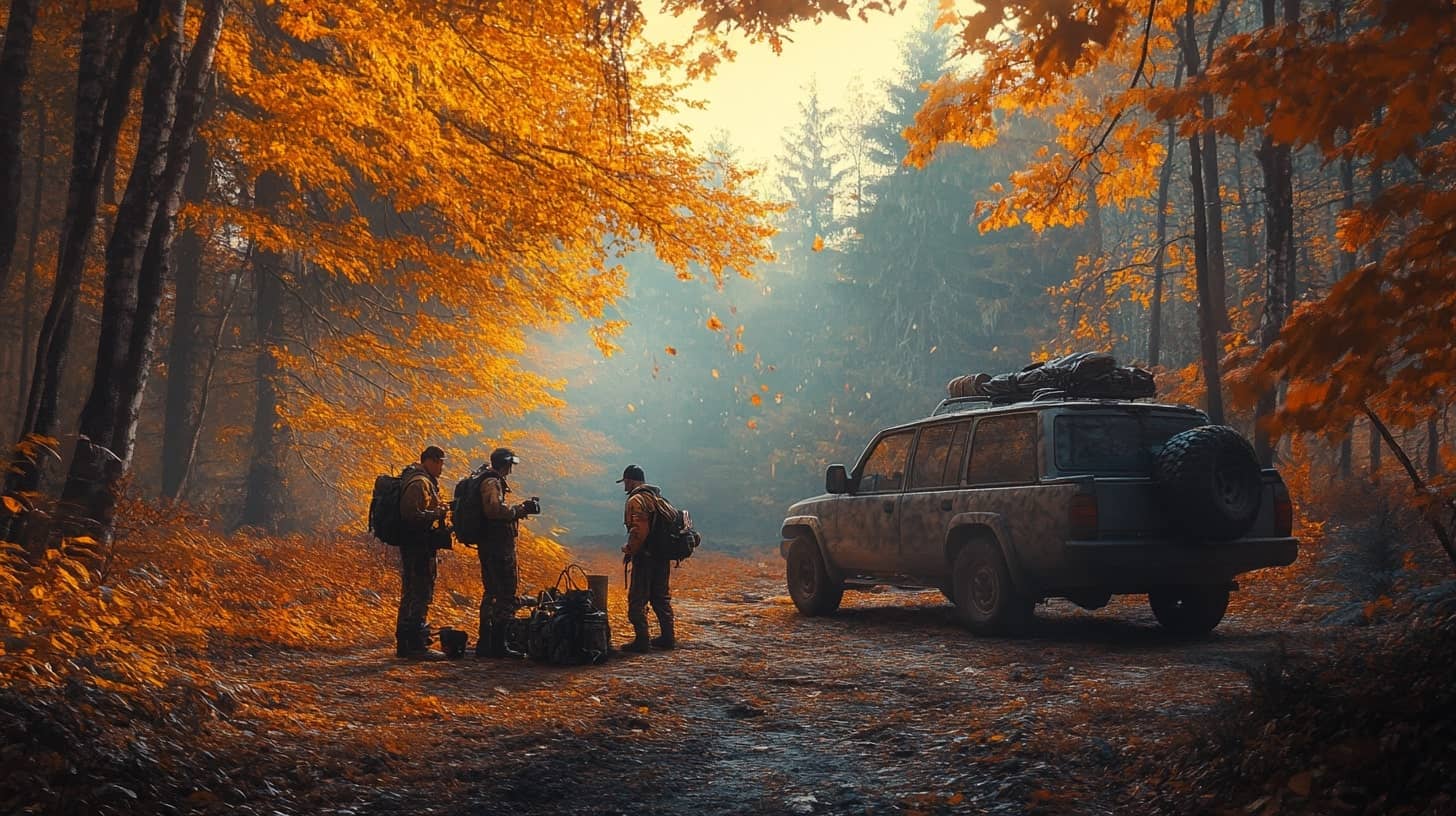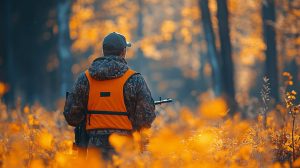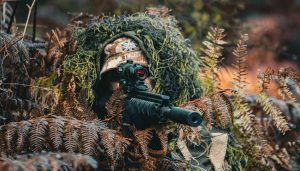Preparing for Hunting Season: Essential Checklists
Hunting season is an exciting time for outdoor enthusiasts, offering an opportunity to reconnect with nature, test your skills, and bring home rewarding results. Whether you’re a seasoned hunter or just starting out, proper preparation is the key to a successful and enjoyable experience. From gear checks to scouting locations, ensuring that every detail is covered can make all the difference. This article will guide you through essential checklists to prepare for hunting season so that you head into the wild confident and ready.
1. Pre-Season Preparation Checklist
Before stepping into the woods, the foundation for a successful hunt starts weeks or even months in advance. Here’s what you need to do:
- Research Hunting Regulations: Every region has its own rules and regulations regarding hunting licenses, bag limits, and hunting zones. Make sure you’re up to date with local laws to avoid fines or disruptions.
- Obtain Licenses and Permits: Apply for hunting licenses, tags, or permits early. Some areas may require a lottery system for certain game species.
- Scout Hunting Locations: Familiarize yourself with the terrain where you plan to hunt. Use trail cameras, mapping apps, and satellite imagery to identify animal movements, food sources, and bedding areas.
- Check Weather and Seasonal Patterns: Weather and animal behaviors go hand in hand. Knowing the typical weather conditions and migration patterns can give you an advantage.
- Physical Conditioning: Hunting often requires stamina for hiking, climbing, and hauling gear or game. Start exercising early to improve strength, endurance, and flexibility.
2. Gear and Equipment Checklist
A successful hunt relies heavily on the tools of the trade. An incomplete or malfunctioning piece of equipment can lead to frustration or even danger. Here’s the essential hunting gear to check and prepare:
Hunting Clothing
- Layered Clothing: Base layers for moisture control, mid-layers for warmth, and weather-resistant outer layers for wind or rain.
- Camouflage Gear: Proper camouflage patterns for your hunting environment (forest, snow, or desert).
- Hunting Boots: Comfortable, waterproof boots with strong traction. Break them in before the season starts.
- Accessories: Hats, gloves, socks, and facemasks for extra protection and concealment.
Hunting Tools
- Weapons: Check and clean your rifle, bow, or shotgun. Sight-in firearms and test accuracy with practice rounds.
- Ammunition and Arrows: Ensure you have enough ammo, arrows, or broadheads. Verify compatibility with your weapon.
- Optics: Pack binoculars, scopes, and rangefinders for better visibility and targeting.
- Knives and Multi-Tools: Sharpen knives for field dressing and pack a multi-tool for quick fixes in the field.
Safety Gear
- Blaze Orange Clothing: Mandatory in many areas to ensure visibility among other hunters.
- First Aid Kit: Include bandages, antiseptics, medical tape, tweezers, and medications.
- Emergency Survival Gear: Matches, fire starters, flashlights, extra batteries, whistle, and a space blanket.
- GPS or Compass: Helps prevent getting lost, especially in dense woods.
Hunting Backpack
Pack efficiently to avoid carrying unnecessary weight:
- Water bottles or a hydration pack
- Energy bars or protein-rich snacks
- Game calls or decoys
- Game bags for transporting meat
- Paracord or rope
3. Safety and Emergency Preparation
Safety should be your top priority during hunting season. Accidents, though rare, can happen. Here’s how to prepare:
- Hunter Safety Course: If you’re new to hunting, taking a hunter safety course will teach essential firearm and field safety practices.
- Communicate Your Plan: Let someone know your hunting location and expected return time. Carry a charged phone or two-way radio.
- Know First Aid: Be prepared to handle minor injuries like cuts, sprains, or blisters.
- Prepare for Weather Changes: Weather can shift unexpectedly. Pack rain gear, extra clothing, and emergency heat sources.
4. Game Preparation and Post-Hunt Checklist
Once your hunt is successful, post-hunt preparation is just as important:
- Field Dressing Tools: Have a sharp knife, gloves, and game bags ready to field dress the animal quickly.
- Coolers and Ice: Transport meat in coolers with ice to preserve freshness.
- Storage Plan: Prepare a freezer space for storing meat or arrange processing with a local butcher.
- Document the Experience: Capture photos, share stories, and log notes for future hunts.
5. Mental and Ethical Hunting Checklist
Being a responsible hunter means more than just preparation and skill. Consider these points:
- Practice Ethical Shots: Take only clear, ethical shots to avoid wounding an animal unnecessarily.
- Respect Wildlife and Nature: Follow “Leave No Trace” principles by cleaning up after yourself.
- Know Your Limits: If you’re not confident in a shot or situation, it’s better to hold off.
Final Thoughts
Preparing for hunting season requires time, effort, and attention to detail, but it ensures that you’re equipped for a safe and successful outing. Following these checklists—from scouting locations and inspecting your gear to prioritizing safety—can make a significant impact on your experience.
Hunting is not just about the harvest but also about the adventure, the preparation, and the respect for nature. With these essential checklists, you’ll be ready to make this season your best yet. Happy hunting!




